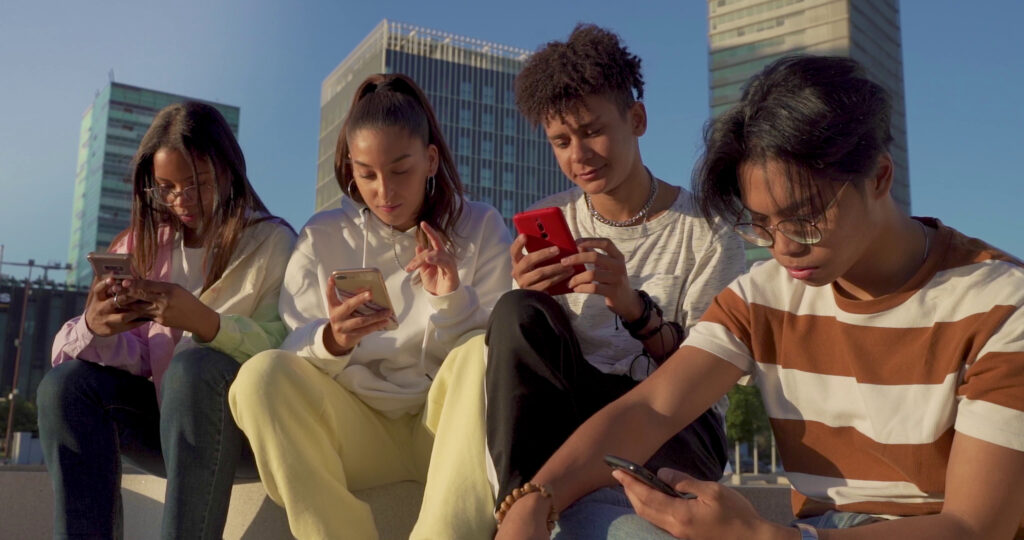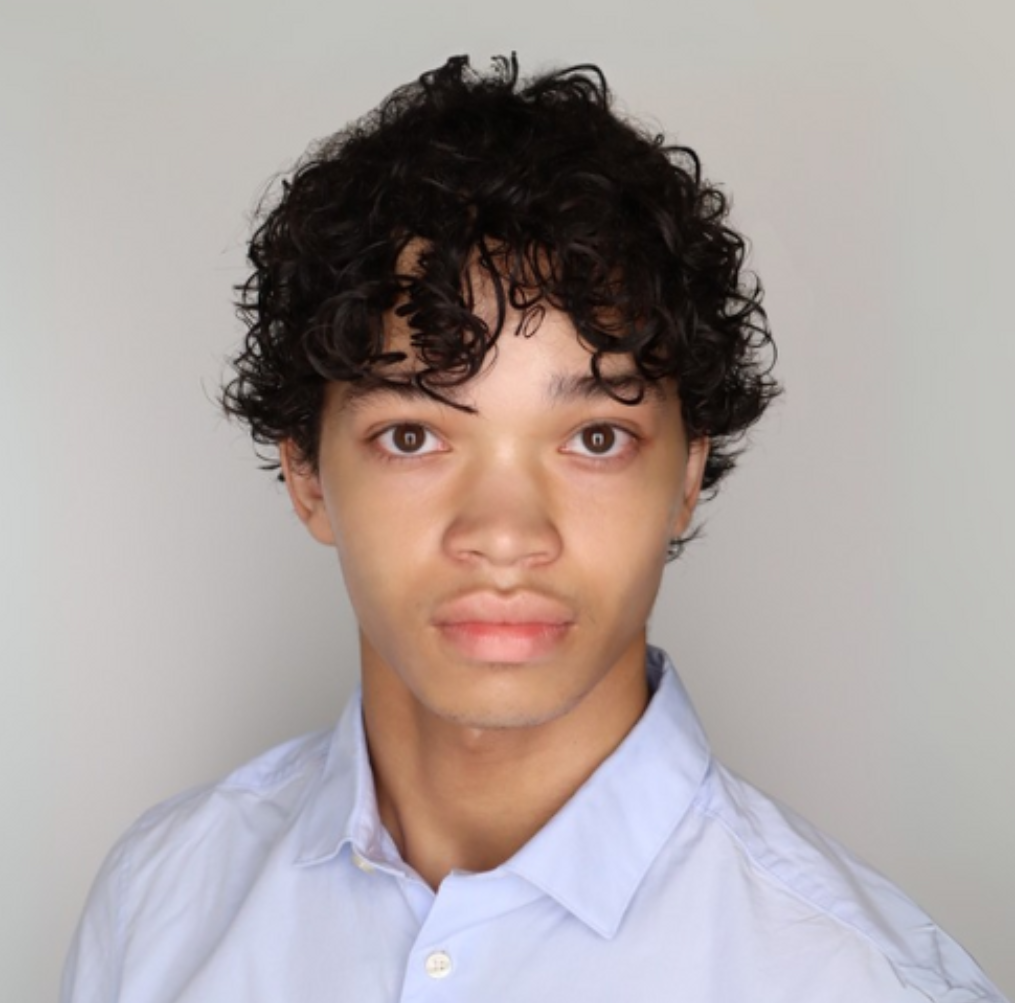In his best-selling book, The Anxious Generation, Jonathan Haidt argues that smartphones have “rewired” childhood and broken a generation. He calls Gen-Z the least flourishing generation in modern history and urges a retreat to something closer to 1980s parenting, complete with delayed phone access and outdoor play.
Coverage of the book has been loud and serious. The New York Times reviewed it with gravity and his interview with Ezra Klein carried the weight of a moral emergency. Haidt spoke about the book at the World Economic Forum, on The Daily Show, and Trevor Noah’s podcast. For better or for worse, the phrase “anxious generation” has pervaded nearly every conversation I’ve come across about teen mental health and the internet — from parents and teachers to tech executives and policymakers.

And yet, rather ironically, for all the talk of children and teens, there’s a curious absence in the book and the subsequent discourse: our voices.
I don’t deny that technology can hurt. In fact, I often posit quite the opposite. It can most definitely have negative effects, especially when used excessively. My peers and I have all felt the downsides of social media: the doomscrolling, the compulsive use, the group chat drama, the paralysis of too many notifications. But in my paper examining the impact of social media on teen mental health in the United States, I argue that given the academic literature, we can’t definitively determine that social media is responsible for this alarming mental health trend. However, one thing is for sure: the impact of social media is highly individual and depends on its use.
Haidt cites correlations between screen time and mental health struggles. But correlation is not causation.In my view, the argument overlooks the nuance that only lived experience can provide. My generation has grown up through a pandemic, amidst climate anxiety, a staggering rise in wars, and a never-ending college admissions arms race. We have experienced rising anxiety thanks to economic precarity, school shootings, and the erosion of trust in institutions. Could it be that our phones became mirrors of a broken adult world, not the cause of its fractures? We’re not “anxious” just because of TikTok. Sometimes, the world is just objectively overwhelming — phones or not.
Moreover, we’re not passive victims of our screens. We’re also artists, organizers, coders, friends. Teens have used social media to start businesses, build movements (#MeToo, #BlackLivesMatter), share poetry, and find community when their towns, schools, or even homes didn’t provide one. Not to mention that screens allowed for some semblance of socialization during the COVID-19 pandemic. For queer teens, neurodivergent youth, or anyone who grew up “different,” especially, the internet can be a lifeline.
The solutions Haidt proposes — banning smartphones in schools, heavy parental control software, restricting access until age 16 — reflect an approach rooted more in control than in preparation. But what happens when a 13-year-old gets on a public bus with an internet-connected device, or goes to a friend’s house where filters don’t exist? You can’t firewall the world.
And if you try, it might backfire. Studies suggest that teens with the most authoritarian parents often end up the least prepared to self-regulate. A University of New Hampshire study found that adolescents with authoritarian, highly controlling parents — those who enforce rules without explanation and expect unquestioning obedience — are more likely to resist their parents’ authority and engage in delinquent behaviors such as disrespect and withdrawal, compared to teens with more receptive, communicative parents. As a child myself, I easily skirted around parental controls, in some instances by searching up tutorials online or simply unplugging the parental control box. As my mom now says, “Parents are the parental control.”
At school in France, where phones were banned, my friends hid phones in pencil cases, used them in the bathroom, and stashed them in calculator cases. Teens are creative and determined and will find a way to bypass any bans and restrictions. Just take the recent social media ban in Australia: researchers believe this ban “could push children into less-regulated online spaces or discourage them from reporting negative experiences due to fear of punishment.” No ban should aggravate the risks children can encounter online.
In other words, control doesn’t teach resilience. Conversation does.
But that’s the problem. We’re not being talked with. We’re being talked about. Adults — whether lawmakers, tech CEOs, or bestselling authors — rarely consult teens when deciding what’s best for us. We’re interviewed in snippets, polled in surveys, used to illustrate problems in PowerPoint decks. We’re not treated like stakeholders in our own futures.
I’m not saying everything is fine. It isn’t. We do need a serious, ongoing conversation about tech ethics, design incentives, digital well-being, and youth rights. As I have long argued, tech companies need to do better, when it comes to safety-by-design and consulting young people when designing their products. Instead of banning, we need robust moderation and media literacy. Instead of going cold turkey on tech, we need balance and offline activities.
Because fear-mongering won’t change anything. And nostalgic fantasies about childhoods “before the smartphone” won’t solve the crisis of meaning that many young people feel now. Currently, Jonathan Haidt’s theory remains just that. A theory. We need more longitudinal studies that will allow for definitive conclusions about the long-term effects of these platforms.
Above all, the real issue isn’t just that we’re anxious. It’s that we’re unheard.
We are the generation that watched the adults fumble a pandemic response, ignore mass shootings, and gut climate policies. We were born into surveillance capitalism and mental health deserts. We didn’t choose this world, but we are trying to make sense of it.
So no, we’re not the anxious generation.
We’re the ignored generation.
And it’s time you listened.

Maximilian Milovidov is a youth online safety advocate and student studying Psychology at Columbia University. He is an Ambassador for the 5Rights Foundation and a TikTok Youth Council Member, a former Youth Ambassador to the Children’s Commissioner for England, Childnet and the Diana Award. Fluent in French, English, Russian, and Spanish, he serves as a Youth Ambassador for People vs. Big Tech and as a Youth Advisor for Digitalem. Maximilian has been featured on ITV News, Sky News, Verizon and the Wall Street Journal. His interests lie in cyberpsychology, human nature, and technology.

